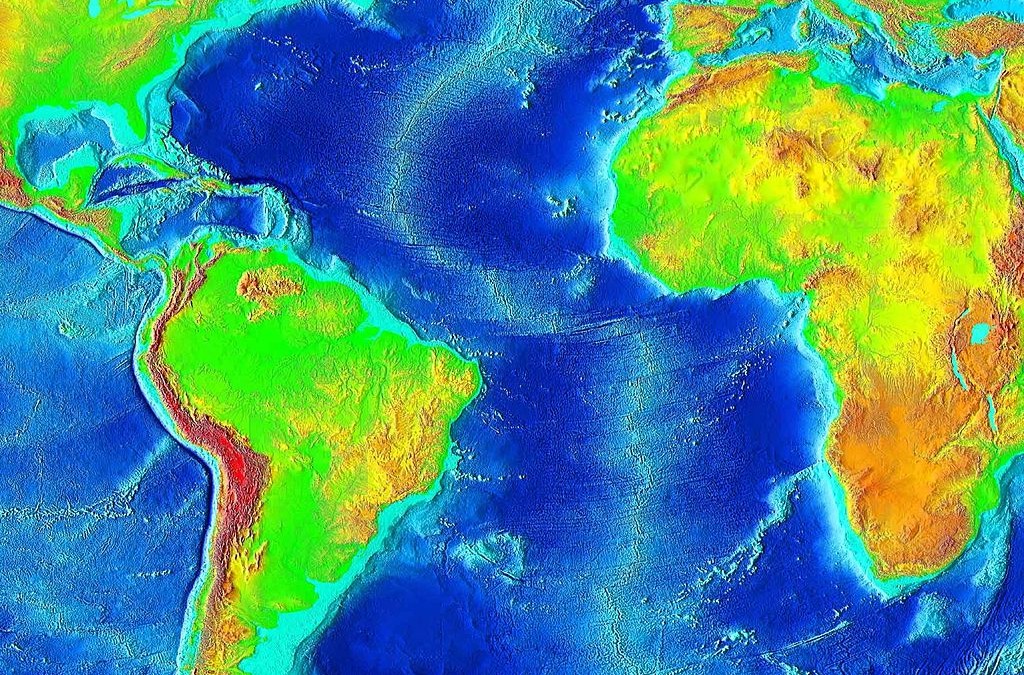Jackson EL, Davies AJ, Howell KL, Kershaw PJ, Hall-Spencer JM
Ideally, networks of marine protected areas should be designed with consideration for future changes. We examine how this could be tackled using the example of cold-water coral reefs which provide a number of ecosystem services but are vulnerable to both managed pressures (e.g. deep-water trawling) and unmanaged pressures (e.g. ocean acidification). We collated data on the known and predicted distribution of Northeast Atlantic coral reefs, their protected areas, and fishing effort. We modelled the effects of ocean acidification on aragonite saturation to examine whether existing protected areas will ensure adequate protection for cold-water coral reefs under four possible future scenarios across two models. The best-case scenario suggests only minor impacts of ocean acidification, and that trawling remains the main threat to these reefs. However, in the worst-case scenario, by 2060, over 85% of these reefs are expected to be exposed to corrosive waters. We argue that unmanaged pressures such as ocean acidification and global warming should be incorporated into marine management decisions, with a focus on the protection of cold-water coral reefs to ensure long-term survival of these habitats. A similar approach could be taken for other iconic marine habitats in the face of climate change.
Request PDF
| To request a PDF copy of this paper, please enter your email address below: Your email address is not stored, it is only used to send an email with an attached PDF to you. |
Full citation
Jackson E, Howell K, Davies AJ, Hall-Spencer J, Kershaw P (2014) Marine Protected Area network planning for the future of UK cold-water coral reefs. ICES Journal of Marine Science 71(9): 2621-2629.

